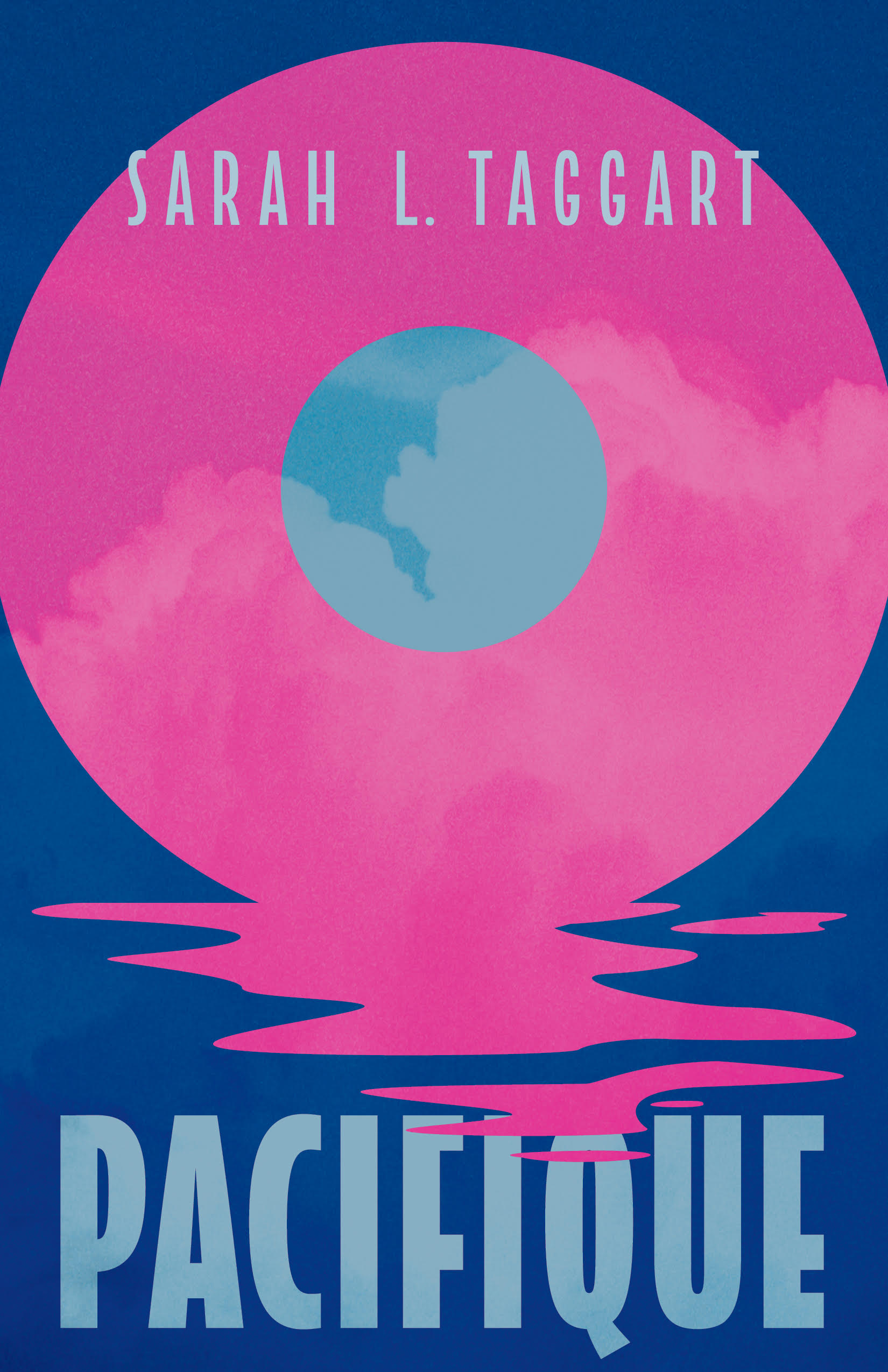Pacifique
By Sarah L. Taggart
Coach House Books
224 pages, $24
Where does the truth lie when the stigma of madness casts doubts on a story? In Sarah L. Taggart’s debut novel Pacifique, Taggart examines love, but more importantly, the complexities of mental illness and the current state of psychiatric care. After a wild, life-changing romance with Pacifique, Tia winds up in a psychiatric ward. Pacifique never comes to visit Tia in the hospital, and when memories are all that’s left of her love story, Tia’s left wondering if Pacifique existed at all.
Broken into two parts, Pacifique moves between characters, time, and setting, pulling readers into to the story and disorientation of a whirlwind relationship, a psychiatric ward, and “normal” life once she’s been discharged. In the book’s first part, Tia meets the intoxicating and captivating Pacifique. Their brief and passionate romance comes to a quick end, and after a bike accident, Tia wakes up in the psychiatric ward. In the hospital, she builds relationships with fellow patients such as Andrew, who’s been diagnosed schizophrenic. When Pacifique seems to have vanished, everyone around Tia convinces her that Pacifique was a delusion. In the book’s second part, Tia and Andrew have been decertified and discharged. They’ve fallen in love and live together, brought together and apart by their mental health. Despite Tia’s work to put Pacifique behind her, Pacifique comes between Andrew and Tia. Throughout the book, the narration is interrupted by Andrew and Tia’s inner narratives. Their intrusive thoughts and ideas poke holes in their reality, causing them to question themselves, the world, and each other.
Through the characters and thoughtful prose, Taggart brings forward the questions that need to be answered around our approaches to madness and psychiatric care. “Riley and Andrew do not need to share glances to know what he other is thinking. How can fantasy feel more like reality than anything they have ever know? How can fantasy make them feel more alive than anything real ever has?” These questions pierce through the dominant stories we’ve been told through pop culture—such as One Flew Over the Cuckoo’s Nest, which Taggart mentions in the writing—reminding us that there is no such thing as “normal” and that we need to shift our understandings of sanity.
Pacifique is a necessary novel that uses poetic language and poignant writing to bring the too-often marginalized and stigmatized stories of mental illness into mainstream narratives. Taggart doesn’t shy away asking hard questions in her work, and even more importantly, doesn’t attempt to offer answers or clean endings to stories that linger with readers after they’ve turned the last page.
—Megan Cole














